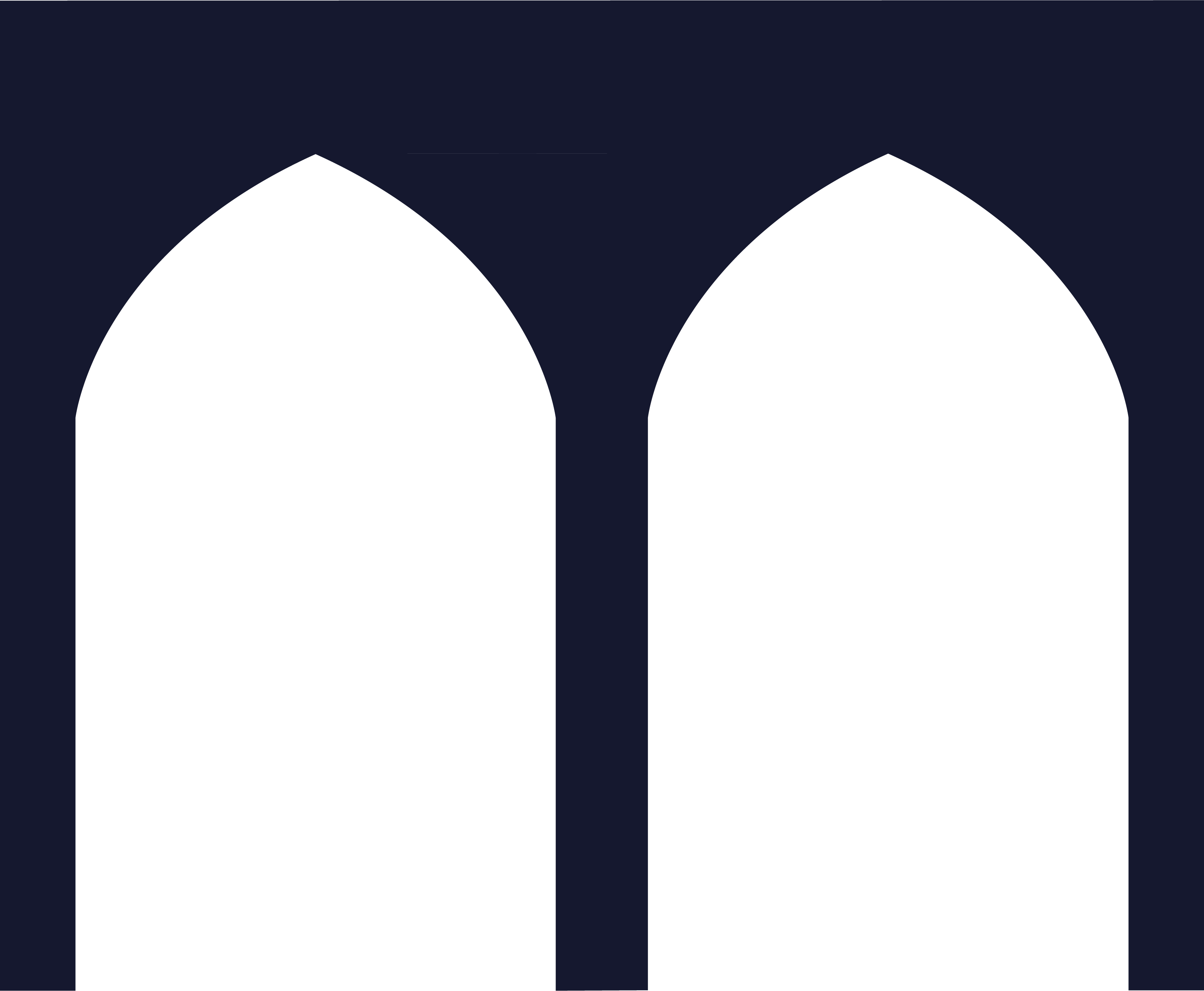An introduction to the Christian story of the world—how Christians have understood the nature of God, His involvement in history, and how humans are part of this story. Topics will include creation, what it means to be human, evil, suffering, redemption, forgiveness, happiness, truth, beauty, goodness, and the afterlife. Sources will include scripture, philosophy, theology, art, and literature. We'll see how the grand narrative of the Bible helps Christians understand the stories of history, the present, and our own lives.
This class is intended for students of all backgrounds: whether you know a lot or nothing at all about Christianity, whether you are a practicing Christian or of a different tradition or of no tradition at all, you and your voice are welcome. Be skeptical, be confessional, come as you are. Let’s make this class a real encounter with the Christian story and the people who take part in it.
